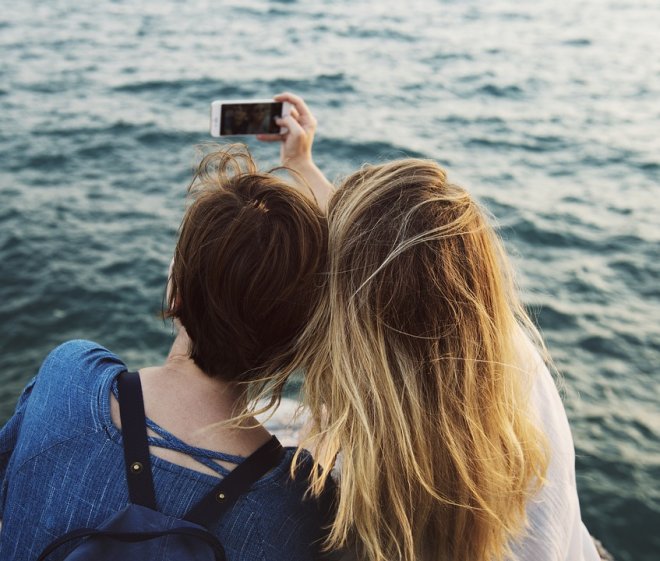
A fake news on the Internet prompted researchers to observe one of the most prevalent trends in the modern world - taking a selfie. A study into selfitis, an obsession with taking selfies, has confirmed its existence and developed a method to assess the seriousness of the condition.
In 2014, a spoof news from the Adobo Chronicles website became viral, which stated that the American Psychiatric Association had termed excessive selfie-taking as a mental disorder, similar to "nomophobia', the extreme fear of not having a mobile phone on one's person.
It defined selfitis as the "obsessive compulsive desire to take photos of one's self and post them on social media as a way to make up for the lack of self-esteem and to fill a gap in intimacy."
"While the story was revealed to be a hoax, it didn't mean that the condition of selfitis didn't exist. We have now appeared to confirm its existence and developed the world's first Selfitis Behavior Scale (SBS) to assess the condition", said Mark Griffiths of Nottingham Trent University's psychology department.
Also Read: Newly discovered Greenland shark is NOT 512 years old, although it is still oldest vertebrate
The study was conducted on 400 subjects from India, which records the highest number of Facebook users. Questions were posed to the candidates, which they had to rate from one to five, depending on whether they strongly agree or disagree with the statement. The test included statements like "I feel confident when I take a selfie", "By posting selfies, I expect my friends to appraise me","I use photo-editing tools to enhance my selfie to look better than others", etc.
Janarthanan Balakrishnan, one of the researchers, said that people who lack self-confidence and crave for approval from their peers "display symptoms similar to other potentially addictive behaviours."
The study ranked the extent of the addiction into three different categories on the SBS: borderline, acute and chronic. It states that this system is reliable for attributing a category to the selfie-addiction of a person. However, more studies are needed to learn about this phenomenon further and validate it more conventionally.









